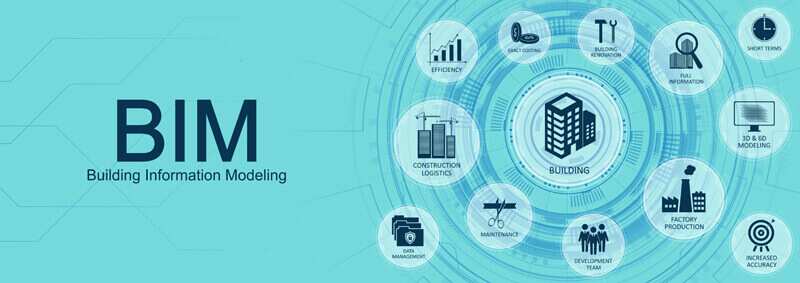
Be a Great Communicator
There are countless kinds of self-directed work, but they have at least one thing in common: a need to present yourself properly to customers, often in writing. So when asking yourself the big question (Is an alternative career for me?), consider this one of the big answers: if you thoroughly enjoy writing and speaking, you'll be a lot happier along the road to independent success.
We're not talking about penmanship here. The Hall of Business Fame is filled with illegible hand writers. I mean writing as in ripping off business memos and letters that impress and persuade, marketing copy that's at least crisp, if not sizzling, and personal notes that will remind your correspondents that there are brains behind this enterprise.
Similarly, speaking effectively, both one-on-one and in conference-room settings, is key to your image and, therefore, your business success. Most entrepreneurs got to the brink of entrepreneurship partly because of personal presence and an ability to get their points across verbally.
But many are ill-at-ease with the written word-more than you might imagine. I recently had the opportunity to assist a highly successful professional-development consultant (I'll call her Amy) well-known for her informative and entertaining workshops, but paralyzed by paragraphs. Amy had agreed to contribute a few hundred words to a trade journal, describing her work. Her deadline was near and she was in a panic. As comfortable as she was in person and in public, she had, so far, avoided all opportunities to show her stuff on paper. She couldn't believe she'd said yes to this one.
Her first instinct was to hire someone else to do it. A free-lance writer acquaintance agreed to give it a try, but stumbled badly. The first draft was awful. There was no time and little hope in asking for a rewrite. What could she do?
"Forget, even for a few minutes, how impossible this appears to be and try it yourself," I said. "Pretend you're explaining to a friend what your work is all about. Don't worry about whether it's the definitive, perfect description. Get something down on paper that resembles your own conversation."
The block seemed to be that her work was so vital to her that she feared casting it in print awkwardly, and so she couldn't confront the idea at all. In this, as in so many other things, just getting started was key. Once she had a few words down, the next ones came a bit more easily and by the next day, she was faxing me a pretty solid stab at her article. We fine-tuned it together in a couple of hours. Now she has her magazine article, and a lot more: confidence and the satisfaction of having cleared a big hurdle in her self-directed career.
If anything, writing is rising in significance as communication technology advances. E-mail is a craft in itself that in many ways brings back the long lost art of the letter. Thoughtful faxed notes are another effective way to convey your efficiency and responsiveness.
How Do You Feel about Money?
Being honest with yourself about the importance of money in your work is a must in self-directed career planning. If it's that important, make room for it. In doing so, however, look for opportunities to let enjoyment of your work take precedence. Will Richardson is building a house in Dummerston, Vermont-a big, 5000-square-foot house filled with architectural detail. He's "living the project," as he says. "I really love what I'm doing. It doesn't feel like a job." Yet although he earns a good living in this business, Will feels "the craft doesn't seem to be driving the occupation any longer. Money does." Check out money's influence on your career planning and make sure it's in perspective.
Speaking of Money:
How Can You Afford Not To?
That pretty much sums up the conclusion you should reach about finances as you enter entrepreneurship. While the specifics of your decision will clearly be guided by a business plan of some detail, at the conceptual level, you should be driven by forces that go beyond the bottom line.
If, for example, you're independently wealthy, have put a great deal of thought into engaging in an activity that will be thoroughly fulfilling and have a hands-down great opportunity to increase your holdings-you probably don't need this article!
But if you're wondering how you could possibly afford to go on your own, listen up for some unconventional wisdom: No business plan is sufficient. None can foresee all the consequences of your enterprise. Risk is inherent. In fact, the odds are likely to be against you. You simply have to be willing to battle an uncertain number of unknowns.
Please, do enough research on your intended line of work to provide plenty of appeal, on paper, for your opportunity. But for now, while we're determining whether a self-directed career is right for you, the only basic question we have to answer about finances goes something like this: If you could start tomorrow, independently, doing the kind of work you absolutely love, but running the risk that you will fail financially, would you? Or, would you prefer to wait five years while you save a year's worth of income, which would more or less guarantee your financial safety, and then begin your dream work? Which would you choose?
